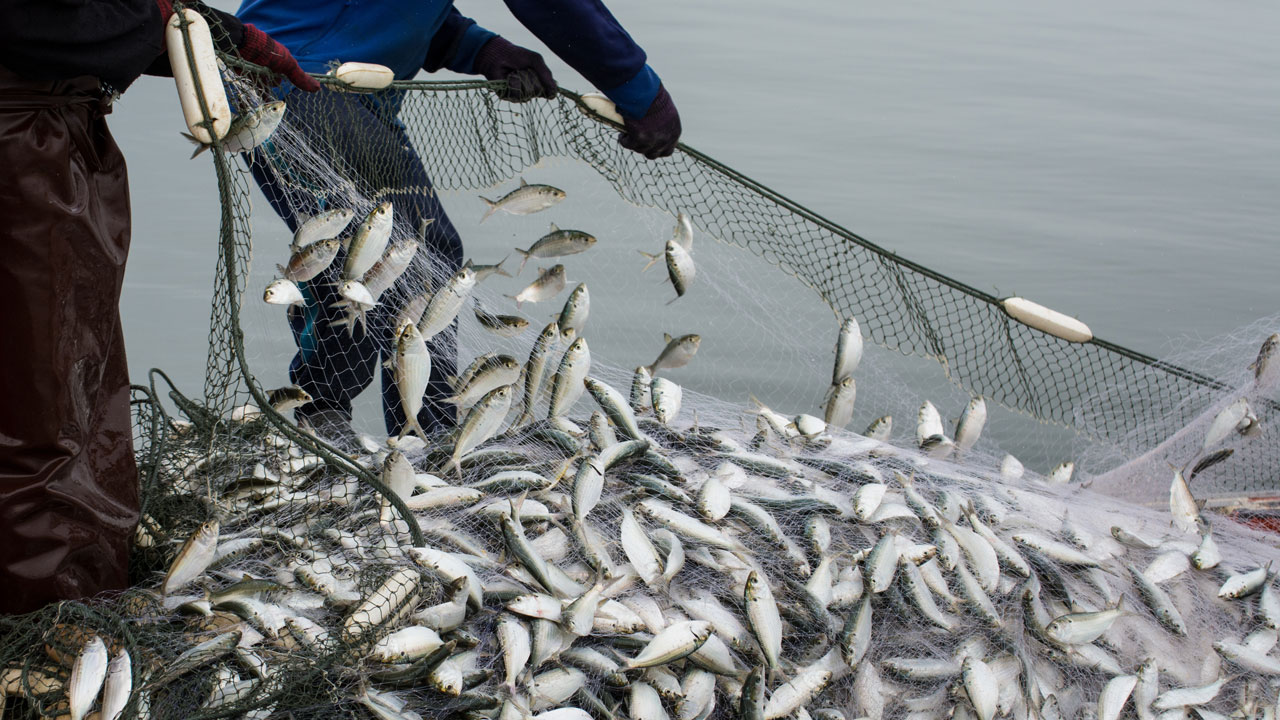
The EU is committed to the sustainable development of fish and aquatic plant farming, ensuring that the Member States comply with strict requirements for human and animal health and the environment.
Our high-quality evaluation and research services draw on years of experience, insights, and know-how on fisheries and aquaculture going back to 2012.
Our expert EU team design tailored solutions to ensure that European fisheries and aquaculture are sustainable and consistent with economic, social, and employment benefits. We work on several areas including conservation measures, control and enforcement, management of fishing capacity, development of scientific bases for fisheries management, coordinated efforts between Member States, and sustainable development of aquaculture production.
Project highlights
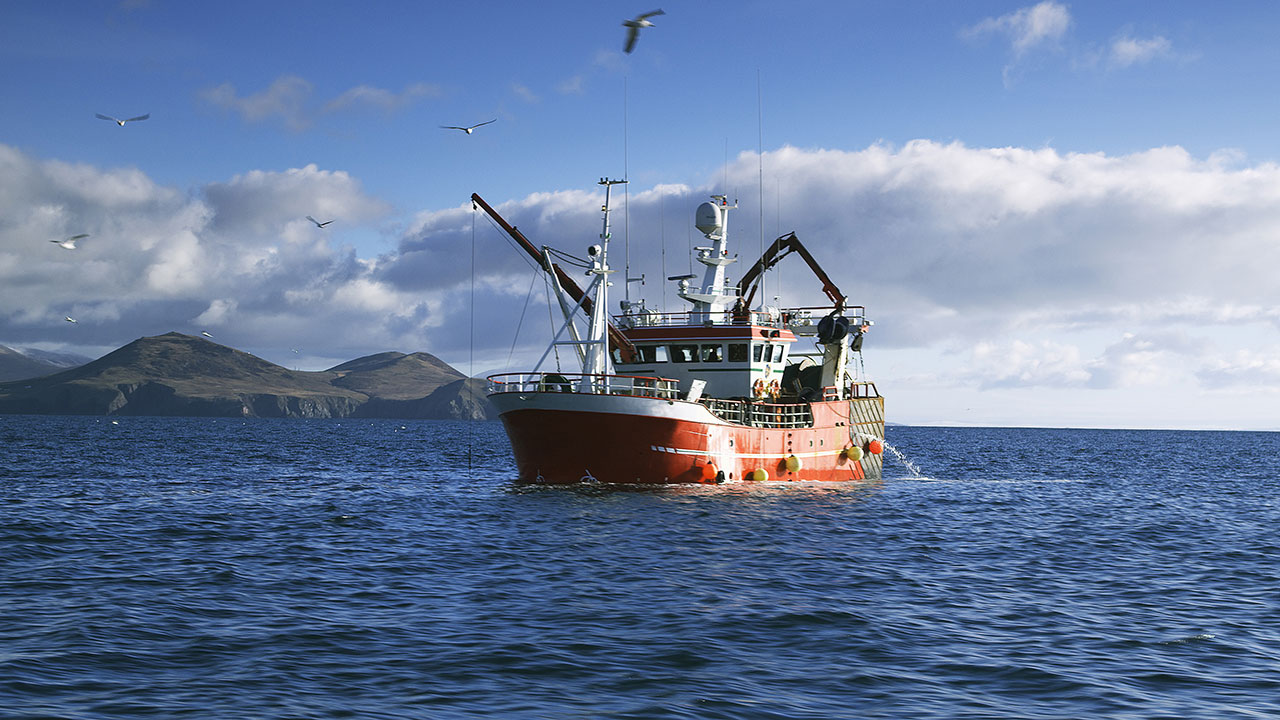
Foresight study on Fishers of the Future
Our strategic foresight study explored the future of fishers in the European Union (EU) up to 2050, supoprting the Commission’s commitment to address emerging challenges in the sector.
The study employed a participatory and people-centred approach to benefit from and harvest collective intelligence and experiences. We used mixed methods (including interviews, focus groups, an adapted photovoice exercise and workshops) to ensure extensive and close interaction with fishers, policymakers, Advisory Councils, social partners, producer organisations and other stakeholders at EU and local levels. The active involvement of fishers and stakeholders was central to the study and contributed significantly to shaping its findings.
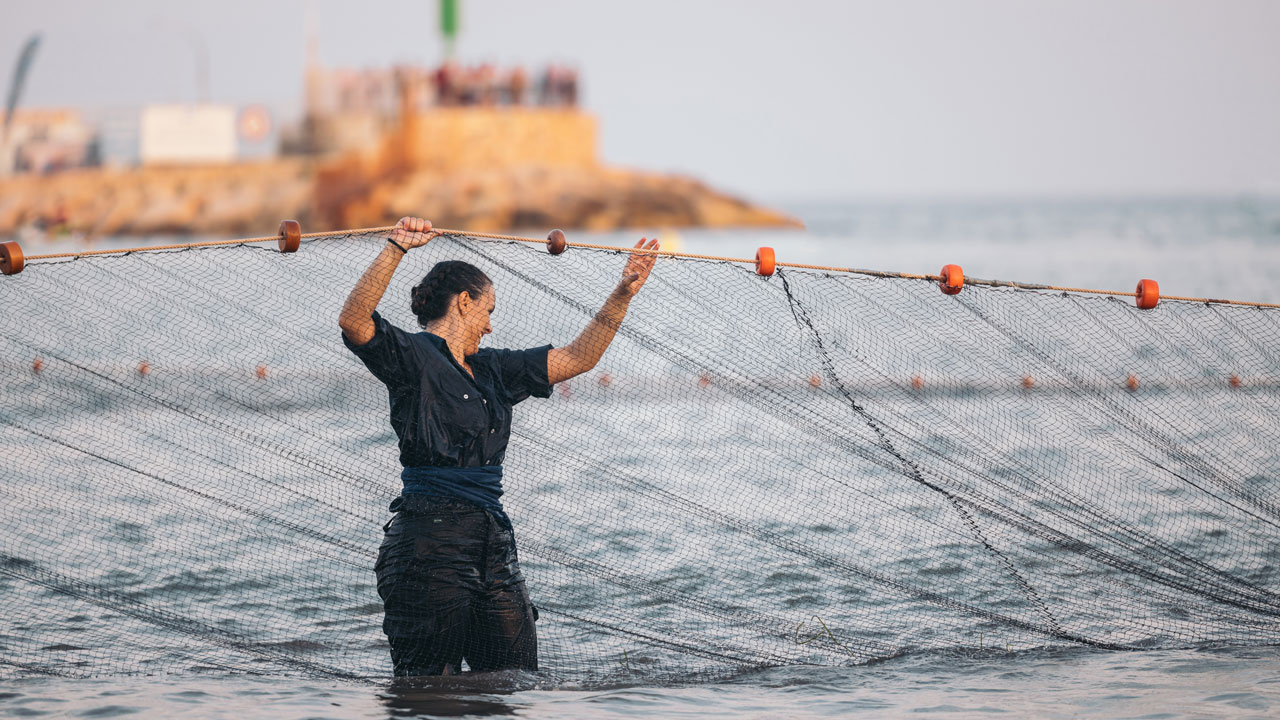
Women’s roles in fisheries
Our Tetra Tech team provided crucial insights into the presence, profile and roles of women in fisheries in the Mediterranean and the Black Sea.
In a study commissioned by a European Commission Executive Agency, we identified the distinct roles that women play in the fisheries sector and highlighted the challenges and opportunities for promoting women’s roles and visibility across different Member States.
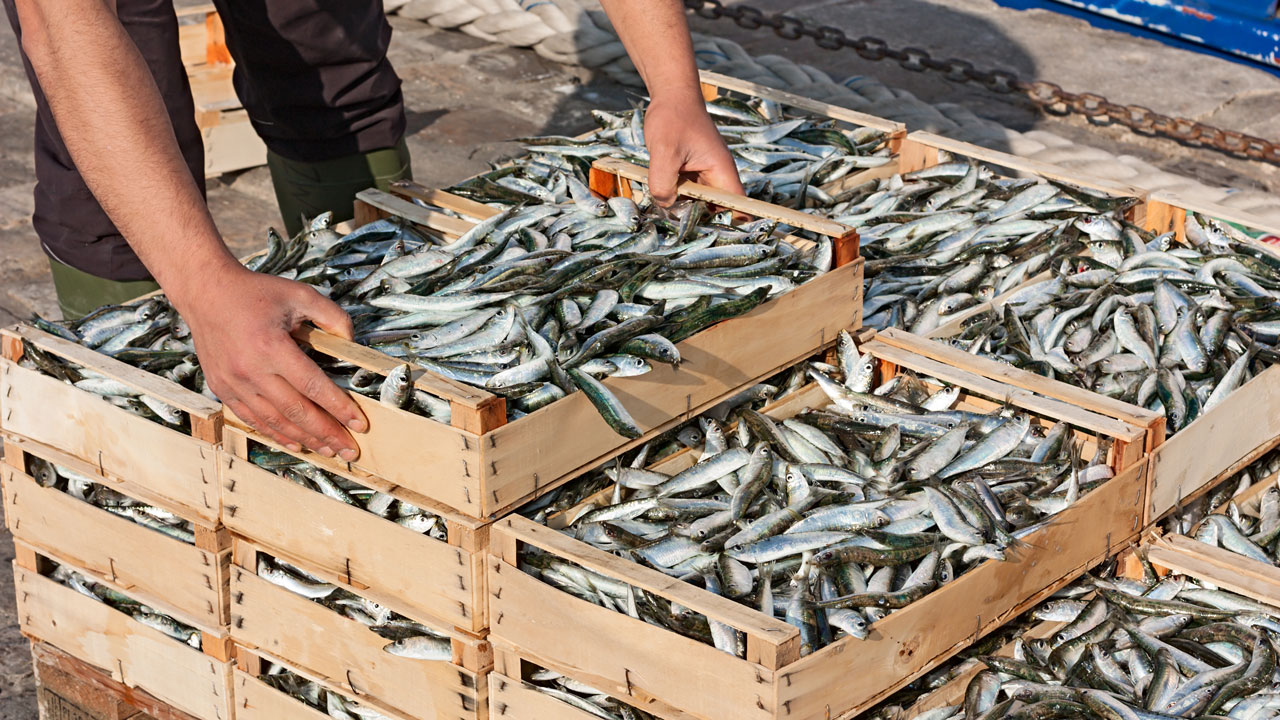
Evaluation of the European Fisheries Statistics
The statistical office of the European Union, Eurostat, tasked our team to evaluate the quality, impact and coherence of European Fishery regulations.
Our evaluation assessed whether these regulations are still fit for purpose, and whether the European Fisheries Statistics – which provide data on fisheries products, aquaculture production and structure of the EU fishing fleet – brought added value to users.
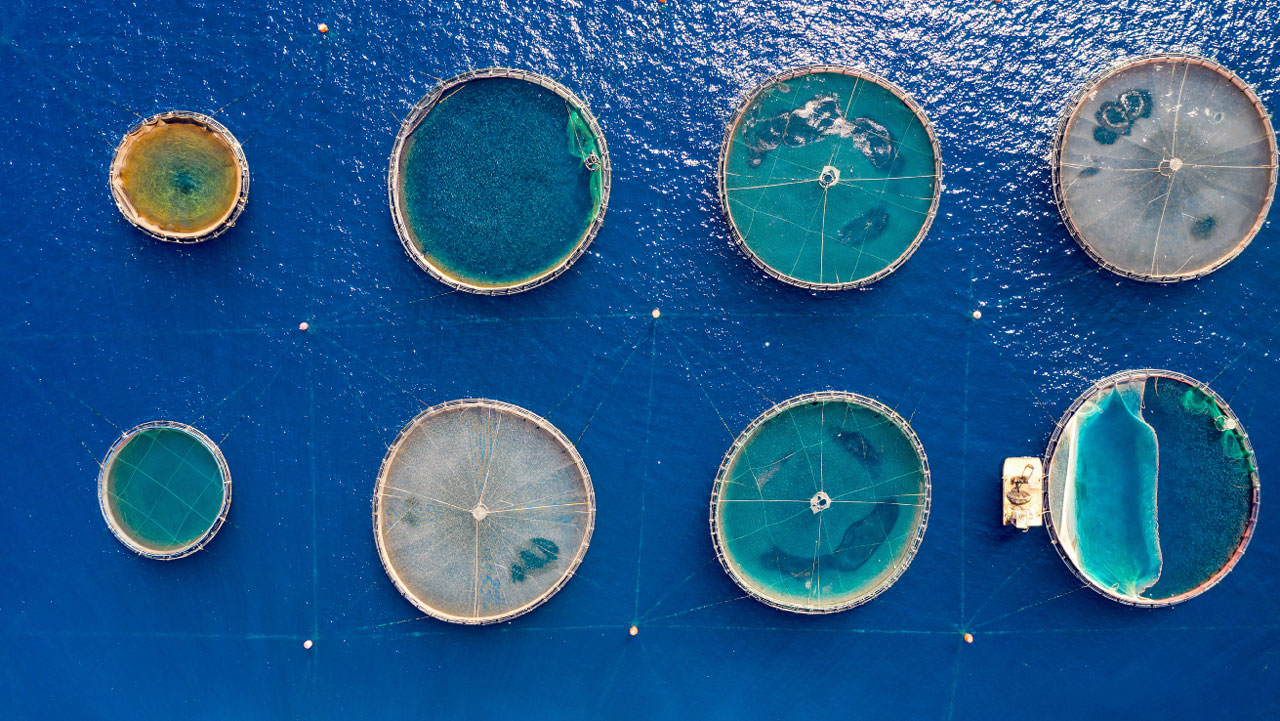
Study for the sustainable development of EU Aquaculture
We conducted an interim evaluation of the European Commission’s ‘Open Method of Coordination’ approach in aquaculture. This approach aims to facilitate the Member States’ work to sustainably develop and manage competitive aquaculture across the EU, a task which lies largely within their competency.
We assessed to what extent the tool can help to simplify administrative procedures and promote a level playing field for EU operators.